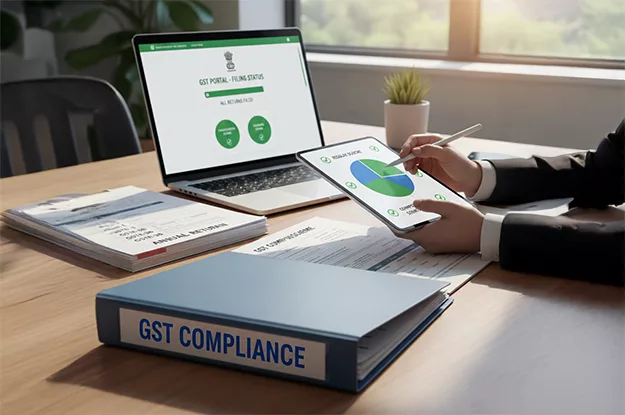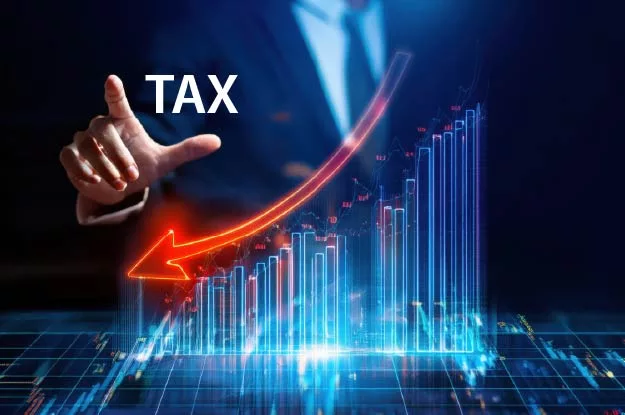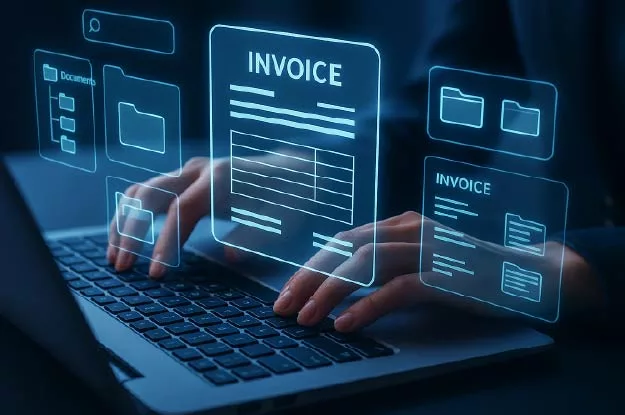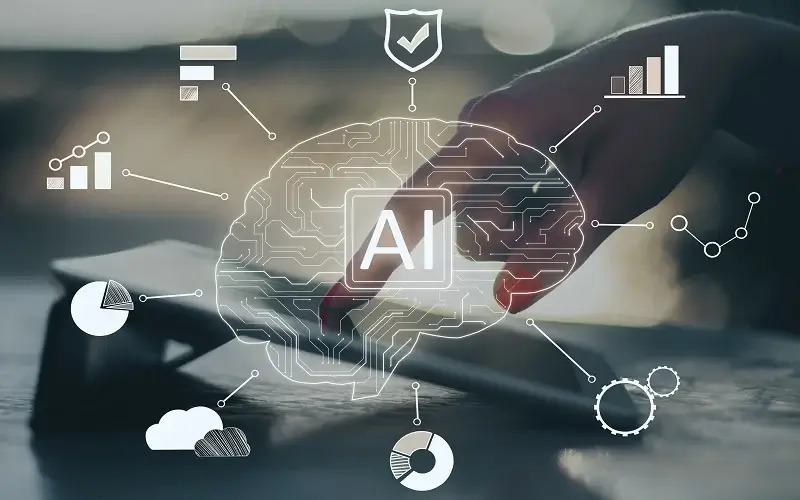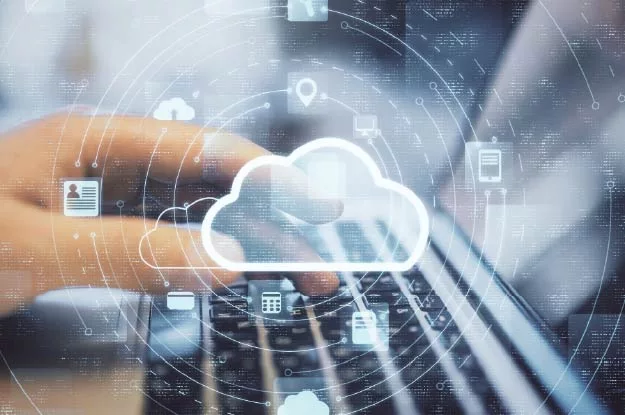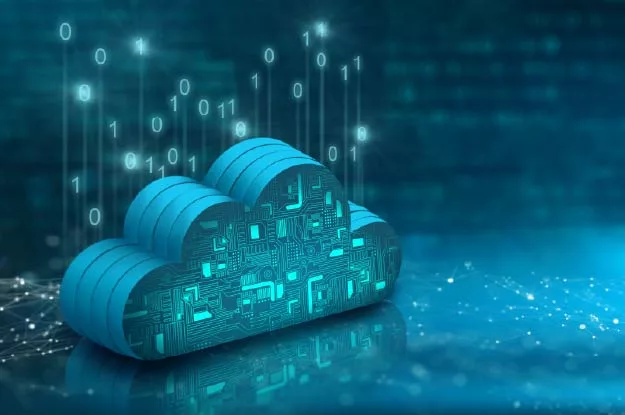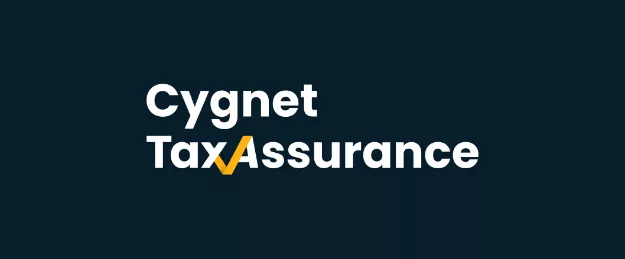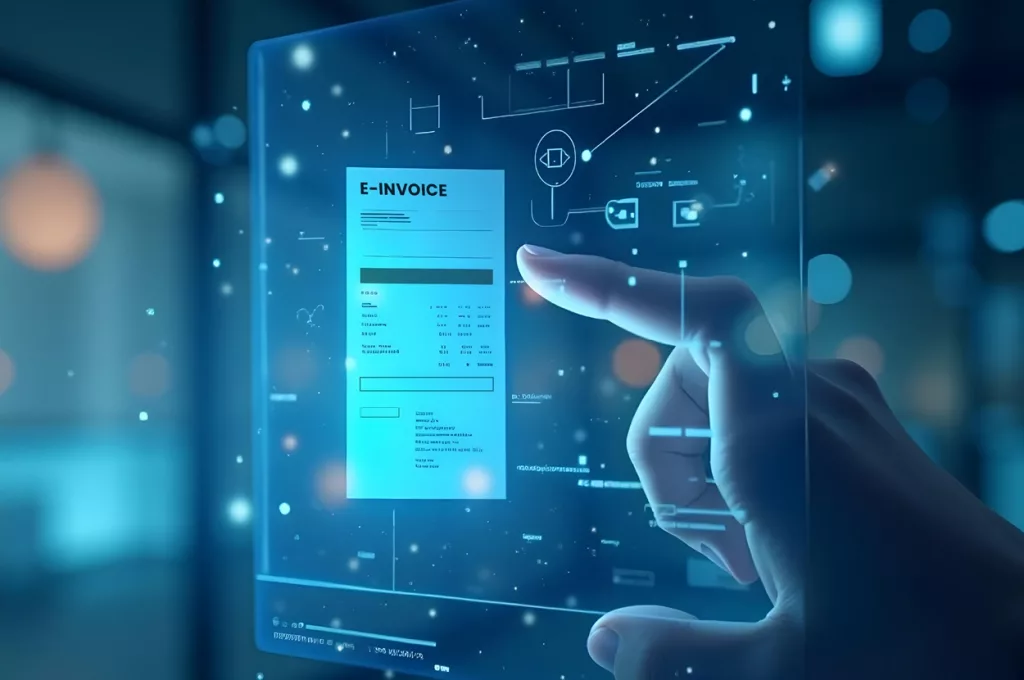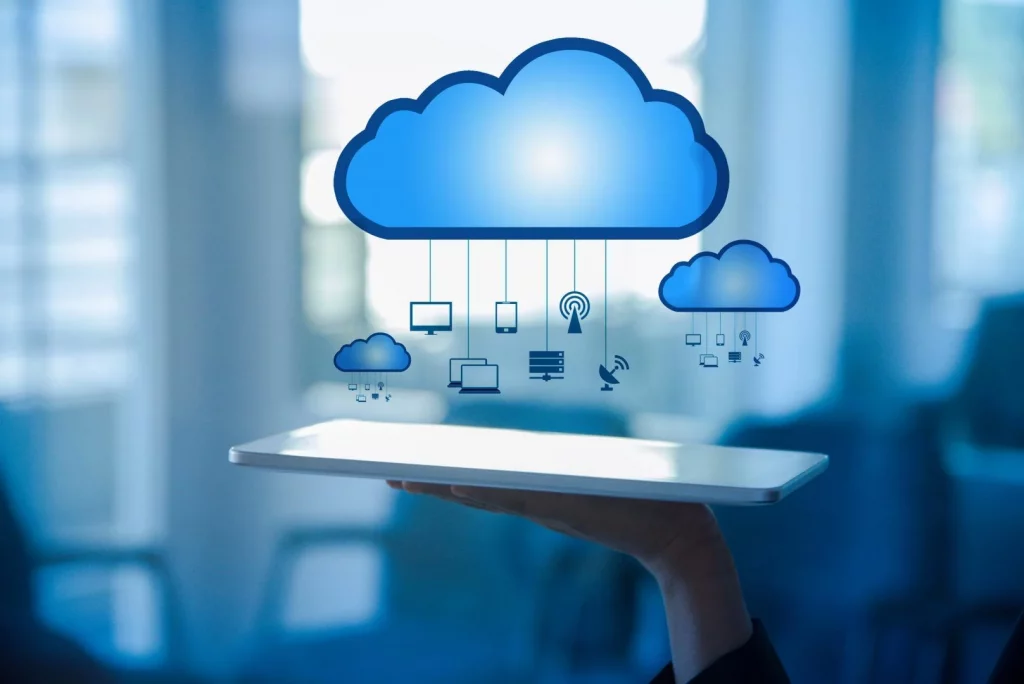The advent of Goods and Services Tax (GST) in 2017 brought along several concerns with regards to transitioning to the new tax regime. Till date, the success of this indirect tax reform is highly debated but it has undoubtedly ushered us towards the digital era of automation and analytics by paving way towards generation of enormous financial data for every organization. While this GST data serves multiple purposes, it has given a huge opportunity to every finance company with respect to assessing the creditworthiness of any entity and making data-driven decisions.
Manual v/s Automated application process
A manual loan application involves a plethora of documents ranging from financial statements to tax returns, banks statements, collaterals etc. in order to determine the financial position and creditworthiness of an entity/ person. Due to the amount of data that is needed to be studied and evaluated, the processing time for manual loans is too high and relies more on the judgment of the credit managers.
With the utilization of GST Data in the field of finance and loans, the entire process is automated and with the client’s consent, their entire GST history can be accessed which will provide an estimate of the client’s creditworthiness and financial position within minutes. The flow goes somewhat like this:
- Loan application is filled
- The application & other encrypted / confidential data is processed
- The loan management solution (LMS) evaluates the credit score based on the data obtained
- A loan offer is made according to the financial position, as evaluated above
- The offer is accepted or rejected by the client.
Obtaining GST data for lending purposes
The information filed in GST returns is detailed and relevant for lending purposes. GSTR-1 for outward supplies, GSTR-2A & GSTR-2B for purchases and GSTR-3B for monthly summary and tax payment are the various returns filed, consisting of invoice level and aggregate information used to build credit and underwriting models.
However, only public data like basic registration details, current status & history of returns filed is accessible on the GST portal along with the return filing history. To directly access the data filled in the GST Returns, the borrower i.e. the taxpayer needs to give their consent via OTP authentication. An alternative to this is obtaining data from the borrowers via pdfs or spreadsheets but it involves the risk of data tampering. Hence, it is comparatively authentic and safer to get the data right from the source i.e., from the Government system – GST portal in this case.
Features and Benefits of GST Based Loans
- Simplicity in Calculation and Assessment – Loans based on GST data limit the number of calculations required and usually do not require assessment as they are based on credible source data. They provide simplicity in translating the financial numbers into meaningful assessment.
- Faster and Simpler Process – As the use of GST Compliance Score and other GST data eliminates the need for excessive paperwork, the processing of loans is much faster and more convenient.
- Trade Financing and Loans for MSME & SMEs – Small businesses can provide a secure and verifiable trail of transactions in their supply chain by providing consent to the lenders to access their GST data. This will complete the data footprints of a MSME / SME and will show a true picture of its financial health. This also facilitates trade financing i.e., loans against invoices for such micro and small companies as the other party’s creditworthiness and reliability can also be evaluated using the entity’s GST data.
- Reduction in Costs – Leveraging GST data for credit underwriting benefits not only the lenders and banks but also MSMEs and other businesses by reducing the costs of doing business. It eliminates the need for operational work by providing an opportunity to use authentic data which, in turn, reduces the risks in lending to a great extent.
- Makes Lending Customer-centric – The insights gained from GST Data helps a lender discover accurate and personalised profile of the loan applicants. This enables the banks and lenders to prepare a personalized loan offering with competitive interest rates that cater to the specific needs of the borrower.
How GST Data is useful for Credit Managers & Risk Analysts
For Loan Approval –
GST Compliance Score is a rating on the taxpayer’s record of compliance based on GST parameters and is updated periodically. This score can be used on a real time basis for instant loan approval process as it provides a bird’s eye view of financial transactions.
For Loan Monitoring –
GST Compliance Score can also be used to monitor portfolio health as it provides an early warning signal to spot potential Non-Performing Assets (NPAs) by acting as a compliance indicator at each stage of the loan lifecycle. A low score hints at the probability of future defaults and hence, is a useful tool for risk analysis. The risk analysis can also be done based on other GST data like sales and purchases etc. as it provides a deeper insight into the applicant’s business functioning. The financial position of its customers may affect their future cash inflows and recoverability of the same. On the other hand, an analysis of their suppliers could help identify the dominant party that would dictate and influence terms of every future transaction. This, combined, would create a multi-dimensional assessment of creditworthiness and increase the operational efficiency across the credit risk management process as it can be digitally integrated with the loan management systems.
Challenges in GST Data reliant loans
- Data Security & Misuse – The applicants could be worried about possible data misuse and concerns relating to security of their GST data. The financial institutions need to reassure them about not misusing their business data by adopting practices like data encryption, conversion of physical copies etc.
- Risks of Lending – Relying on GST data for credit underwriting does not fully eliminate risks of lending as the business practices can be varied for different clients in the same industry. Placing sole dependence on GST data, GST Compliance Score for instance, would be burdensome for small businesses, MSMEs, SMEs etc as they need to be fully compliant to remain in the current competitive markets, especially in the days of inception of business. Thus, the benefit shifts in the hands of larger business entities with more resources at their disposal. Hence, the financial institution needs to adopt a multi-dimensional evaluation approach before sanctioning any loan.
In the current scenario, the GST system has grown to be one of the fastest means for procuring business financing. Along with introducing reforms to other sectors, GST has also brought about noteworthy transformations to the lending scenario. Filing GST returns and merely being compliant now enables business owners to easily apply for business loans. As this is now used as a primary assessment tool, working capital and related cash flows can be estimated and relied upon, without the need for producing collaterals or financial documents. This compels banks and other financial institutions to adopt to the changing technological trends by leveraging GST data with tools such as data analytics, artificial intelligence and machine learning to stay relevant in the previously untapped SME lending market.








